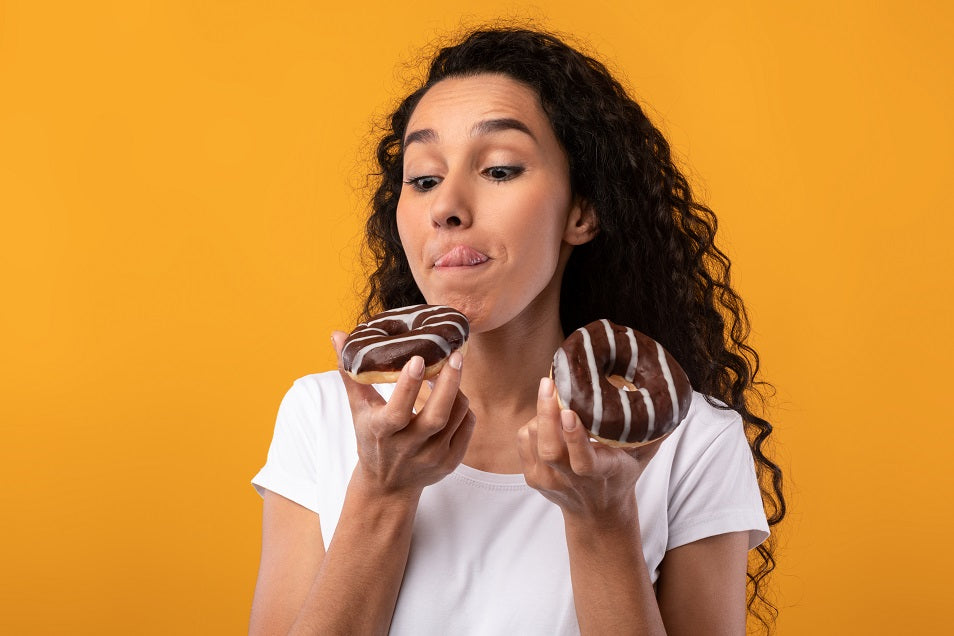Understanding Overeating: Types, Triggers, and Mindful Solutions

What Type of Overeater Are You?
Understanding your overeating patterns is the first step toward healthier eating habits. Research identifies several distinct overeating types that help explain why we consume more food than our bodies need.
Four Common Overeating Patterns
- Social Overeaters continue eating when others around them eat, regardless of hunger cues
- Checked Out Eaters disconnect from body signals and mindlessly consume food while distracted or bored
- Emotional Eaters use food to mask uncomfortable feelings
- Craving-Driven Eaters compulsively overeat specific foods without understanding why
Additional Overeating Categories
Dr. Tory Butterworth, a licensed professional counselor specializing in compulsive overeating, identifies three more types:
- Overworked Eaters prioritize others' needs over their own self-care
- Grazers struggle with food decisions and lack eating structure
- Misunderstood Overeaters are highly sensitive and intuitive but need to advocate for themselves
Most people fit multiple categories simultaneously.
The Emotional Root of Overeating
Regardless of type, emotion drives overeating behavior. A 2012 Netherlands study found that emotions both initiated and perpetuated overeating in obese women. Another study revealed that obese participants experienced more intense negative emotions toward all foods compared to normal-weight participants, creating feelings of guilt and frustration regardless of food healthiness.
Your Food Environment Matters
As Bonnie Liebman, Director of Nutrition at the Center for Science in the Public Interest, humorously notes in Nutrition Action Healthletter: "Calories don't count if you eat standing up, you eat off someone else's plate, you're just straightening the edges of a pie or cake, the refrigerator door is still open, or you eat really quickly."
Consider your eating environment:
- Do you eat alone or with others?
- Where do you eat—at the table, counter, car, or desk?
- How quickly do you consume meals?
Research shows bright lighting speeds up eating, while music and television distract us into overeating. Restaurant portions can mislead us into believing we're eating appropriate amounts.
Mindful Eating Strategies
Dieting means restriction; mindfulness means enjoying food. Develop healthier habits with these practical approaches:
Before Eating
Pause for one to two minutes before meals. Tune into your body and ask:
- Am I eating for calorie needs or emotional needs?
- Do I need this food, or do I just enjoy the smell and taste?
- What thoughts and feelings am I experiencing right now?
During Eating
- Observe your food's origin and nutritional purpose
- Engage all your senses
- Eat slowly and savor each bite
- Challenge yourself to wait before the first bite
- Reduce your eating pace from 12 bites per minute to five
- Reframe thoughts from "I can't have that" to "I can have that but I don't want it"
Setting Achievable Goals
Set yourself up for success, not failure. Instead of drastic changes like "Tomorrow I'll work out twice daily and cook all meals," start with manageable goals like making dinner at home several times this week.
When You Make Mistakes
Don't abandon your efforts after one setback. Ask yourself:
- What is my personal health vision?
- What's holding me back from achieving it?
Prioritize your health and recognize that managing overeating is an act of self-love.

